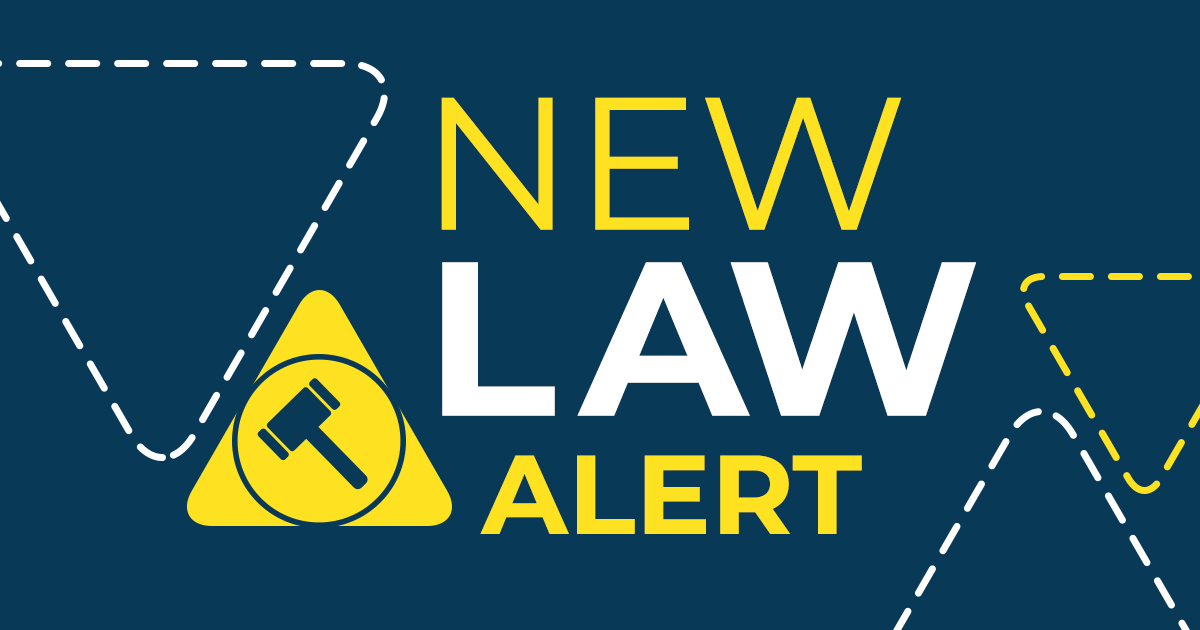Sketchy landlords beware!
New York's Real Property Actions and Proceedings Law Article 7-C has been added by A3241 to give tenants and municipalities a new tool in their arsenal to address persistent unsafe conditions that are neglected by their landlords.
Applicable
in both residential and commercial mixed use properties, the new law, which is immediately effective, allows for
receivership proceedings where a landlord has failed to remedy “conditions
dangerous to life, health, or safety.” Basically, this means a court may
appoint an independent “receiver” who is empowered to manage and redirect rent
deposits towards fixing an issue that a landlord has neglected to sufficiently
address.
However, what's interesting is the flip side of the law. It's yet another reminder that tenants should not unilaterally withhold rent or make repairs, outside of their rights in their specific lease, when there are habitability issues at the premises. Instead, they should follow the law and have their rental money deposited with the Court. Doing it otherwise is technically a grounds for eviction. Simple stated, there is a procedure when a landlord doesn't fix property and you, as a tenant, can't decide to just not pay when it's not being fixed.
This procedure of depositing rent into Court and having a receiver appointed was formerly available only in New York City, but now applies statewide.






